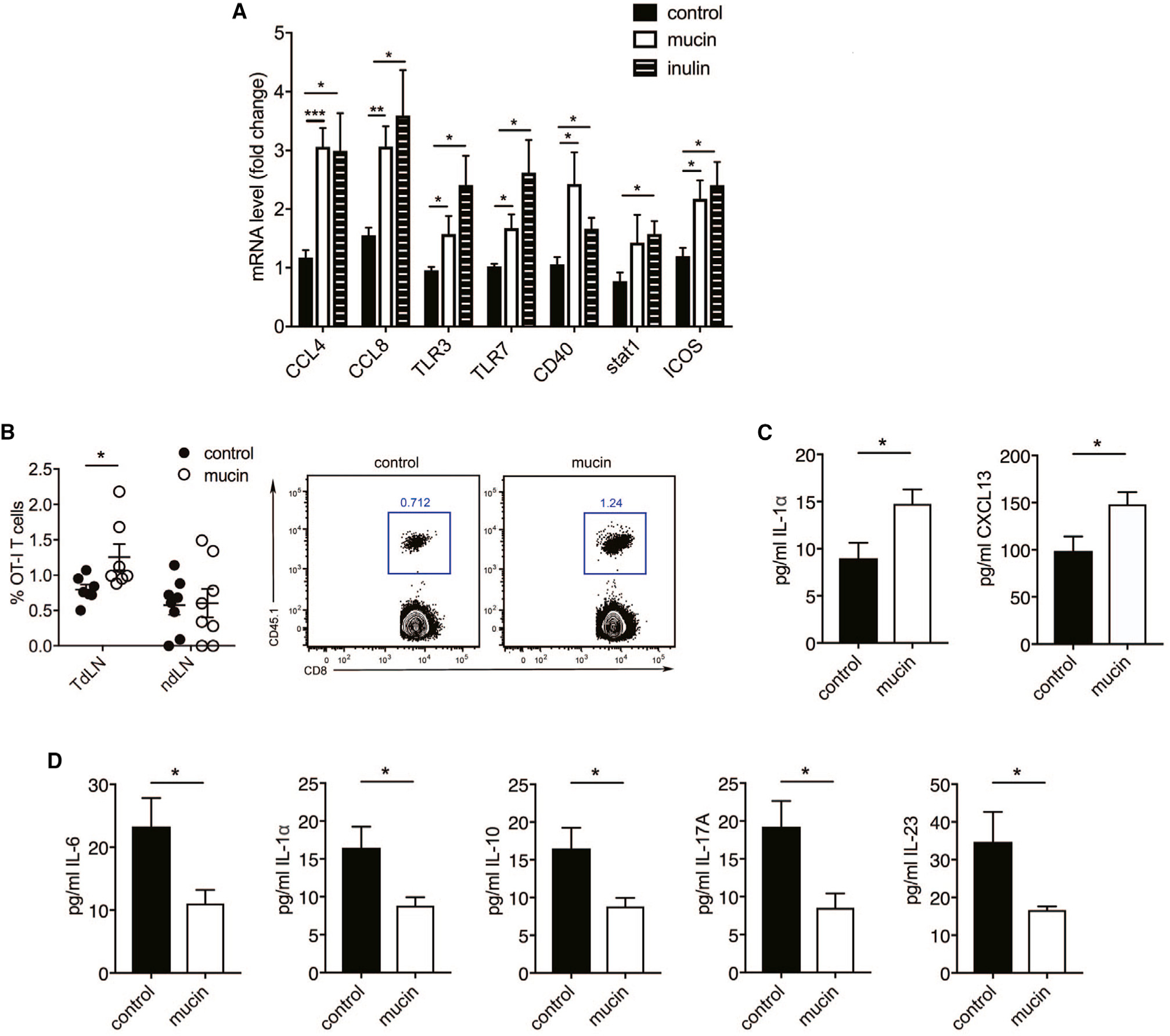Figure 2. Mucin and Inulin Induce Enhanced Expression of Immunoregulatory Genes in Tumors.

(A) qPCR analysis of immune-related genes in subcutaneously transplanted melanoma grown in syngeneic C57BL/6 mice that received a control diet, 3% mucin in drinking water, or 15% inulin-supplemented chow starting 14 days before tumor inoculation (n = 6).
(B) Quantification of CD45.1+ OT-I CD8+ T cells in the tumor-draining lymph nodes (TdLN) and non-draining lymph nodes (ndLN) of C57BL/6 mice (CD45.2+) treated with or without mucin and injected with B16-OVA melanoma cells (TdLN, n = 7; ndLN, n = 8). Right dot plots show gating of CD45.1+ CD8+ cells.
(C) Serum cytokine and chemokine levels in naive WT mice treated with or without mucin (n = 10).
(D) Serum cytokines in WT mice treated with or without mucin on day 10 after tumor inoculation (n = 10).
Data are representative of three independent experiments (A and B) or one experiment (C and D). Graphs show the mean ± SEM. *p < 0.05, **p < 0.005, ***p < 0.001, ****p < 0.0001 by one-way ANOVA with Tukey’s correction (A) or by two-tailed t test or Mann-Whitney U test (B–D).
